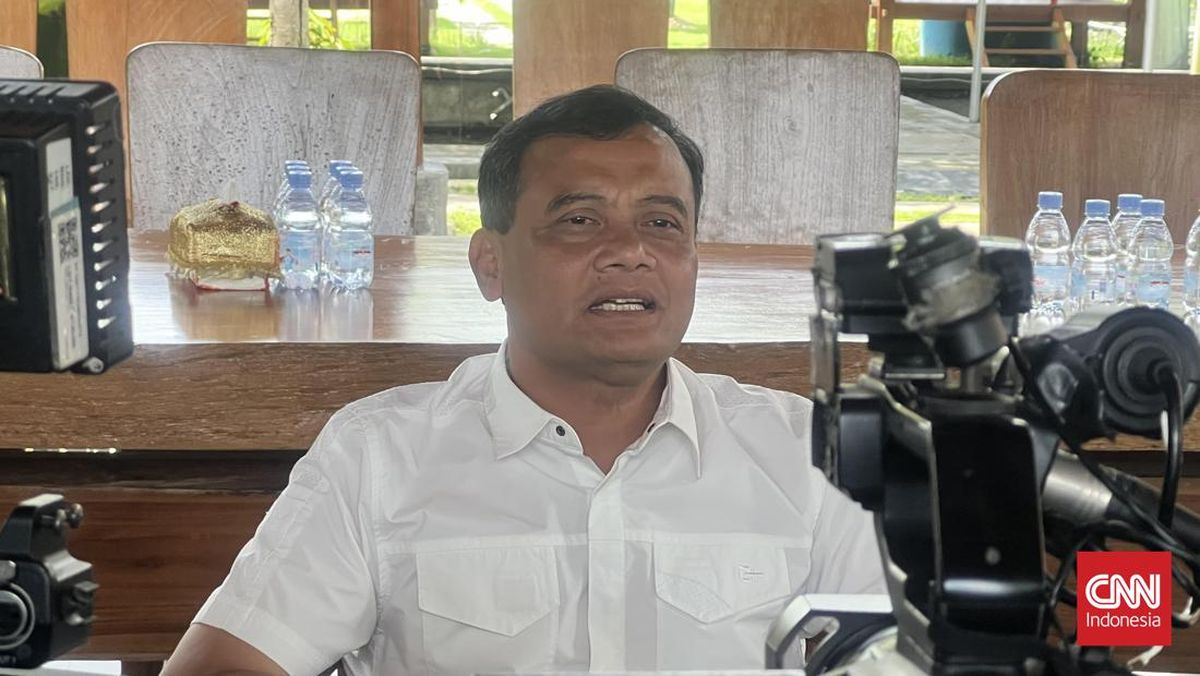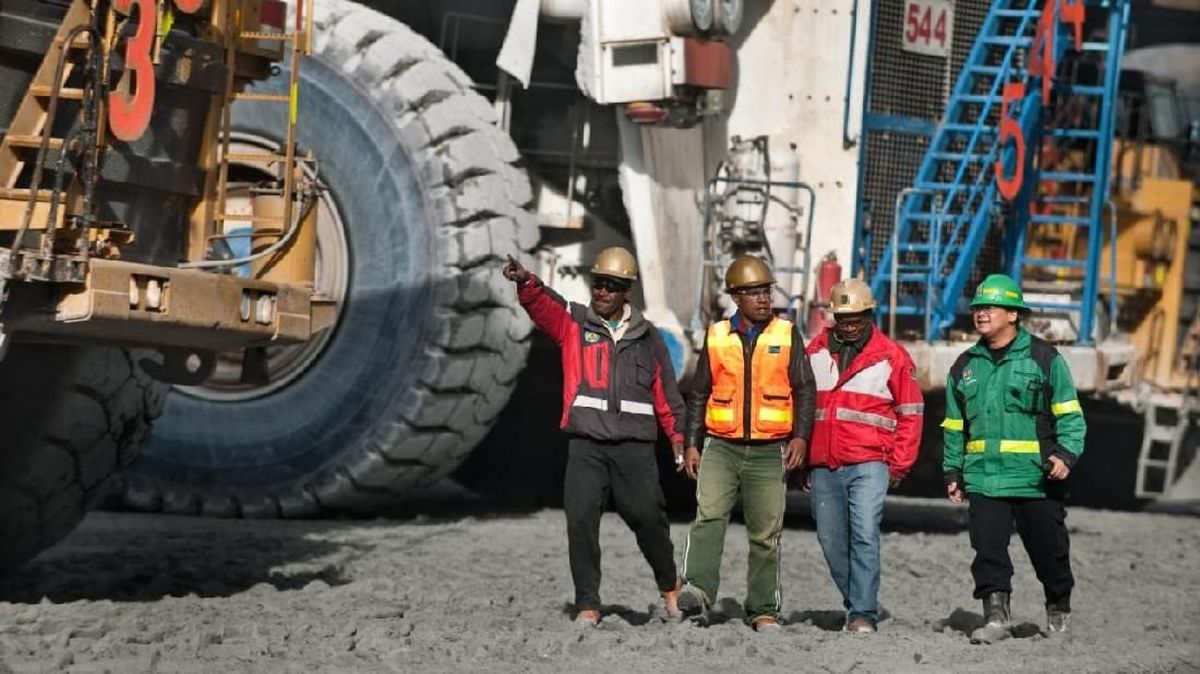Washington: The Pentagon says its review of the AUKUS pact with Australia is in its final stages, but it now agrees the agreement will bring “significant benefit” for US strategic interests in the Indo-Pacific.
Confirmation that the War Department’s policy unit supports the deal came in a congressional hearing where Republican senators once again expressed frustrations about the secrecy surrounding the AUKUS review, and other defence matters concerning United States allies.

Defence Minister and Deputy Prime Minister Richard Marles (left), Elbridge Colby (centre), who is leading the US review into AUKUS, and a US Navy Virginia-class submarine.
Alexander Velez-Green, the senior adviser to war undersecretary Elbridge Colby, said the review was “in its final stages” and had been a useful exercise in trying to make the AUKUS agreement successful, in line with President Donald Trump’s priorities.
“Part of that was taking into account the submarine industrial base, production timelines, capacity issues ... [which] continue to be a challenge,” Velez-Green told the Senate on Thursday (Friday AEDT).
“We did get, I think, additional insight into the state of things and where we are going on the production issue, on other aspects … all with the goal of making this as strong and enduring as possible.
“It is our view – consistent with what the president said with Prime Minister [Anthony] Albanese recently – that it is in our interest for this to work. We do gain significant benefit from it.”

President Donald Trump strongly backed AUKUS when he met with Anthony Albanese at the White House last month.Credit: Getty Images
Those remarks represent the strongest public endorsement of AUKUS to date from officials inside the Pentagon team that conducted the review.
Colby and Velez-Green have been leading the inquiry, and Pentagon officials raised numerous concerns about how Australia would position and use the nuclear-powered submarines it acquired under AUKUS, especially in the event of a conflict with China.
Trump said the deal was “full steam ahead” when he met with Albanese last month, although Navy Secretary John Phelan said some “ambiguity” remained about parts of the deal, and Albanese later acknowledged there would be changes but would not say what they were.
Australia is due to pay another $US1 billion ($1.5 billion) towards the US submarine industrial base before the end of this year to improve the production rate, which has lagged at about 1.2 boats a year. Experts say it must increase to about two boats a year for the US to be in a position to fulfil its AUKUS commitments.
Loading
Velez-Green, who has been nominated to be Colby’s deputy, was being questioned by Mississippi Republican senator Roger Wicker, the chairman of the Senate Armed Services Committee, who complained that he was not consulted about the lengthy AUKUS review, “which upset out friends in Australia and cast doubt on whether we were committed to this agreement”.
The hearing came two days after Wicker and other Republican senators vented frustration with the Pentagon policy unit over decisions on AUKUS, and other matters, which they said were at odds with Trump’s priorities.
However, others defended Colby and the Pentagon policy team from “anonymous and misleading” criticism. Missouri Republican senator Eric Schmitt said the resistance to Colby was coming from people invested in “maintaining a foreign policy status quo that has repeatedly failed the American people”.
Get a note directly from our foreign correspondents on what’s making headlines around the world. Sign up for our weekly What in the World newsletter.
Most Viewed in World
Loading


















































